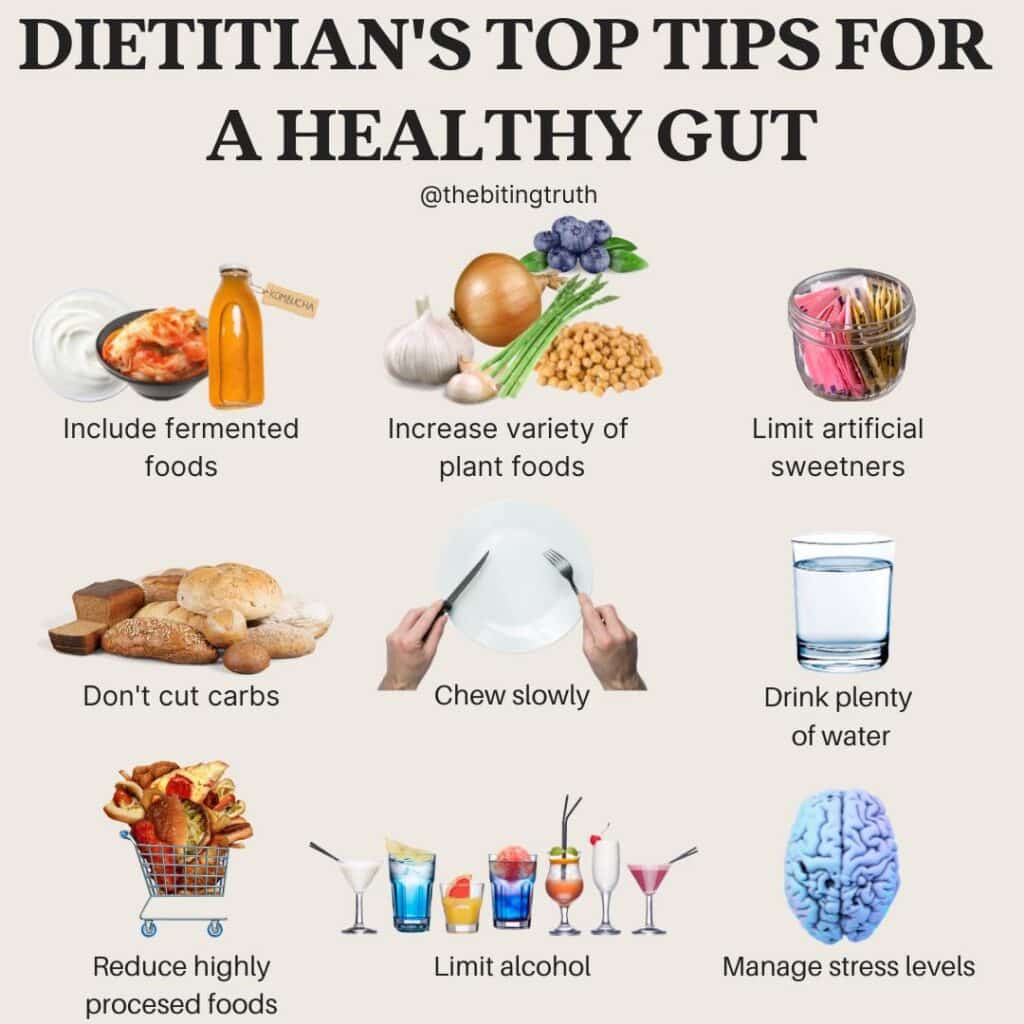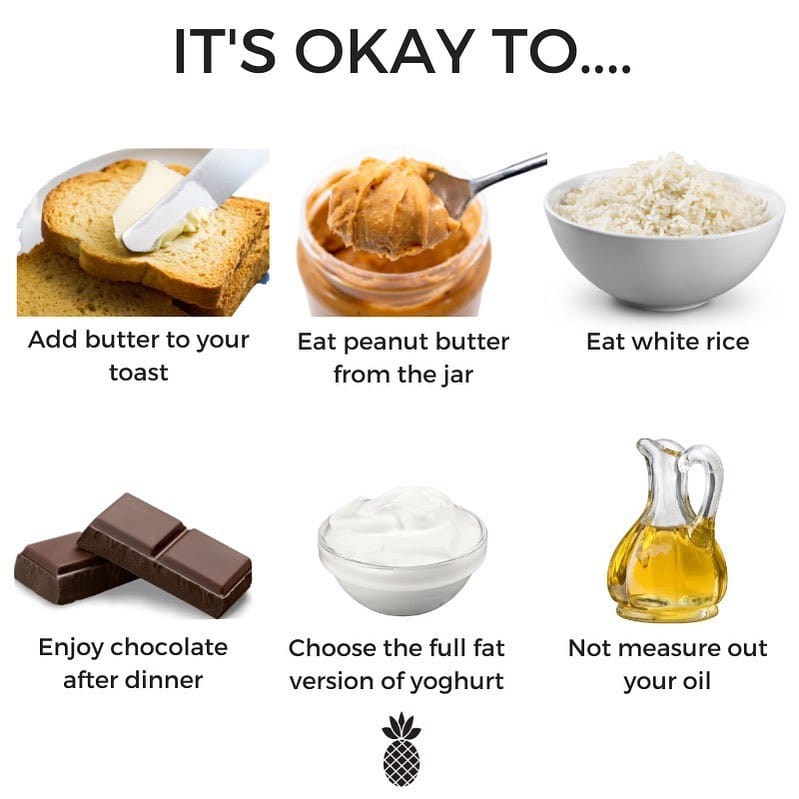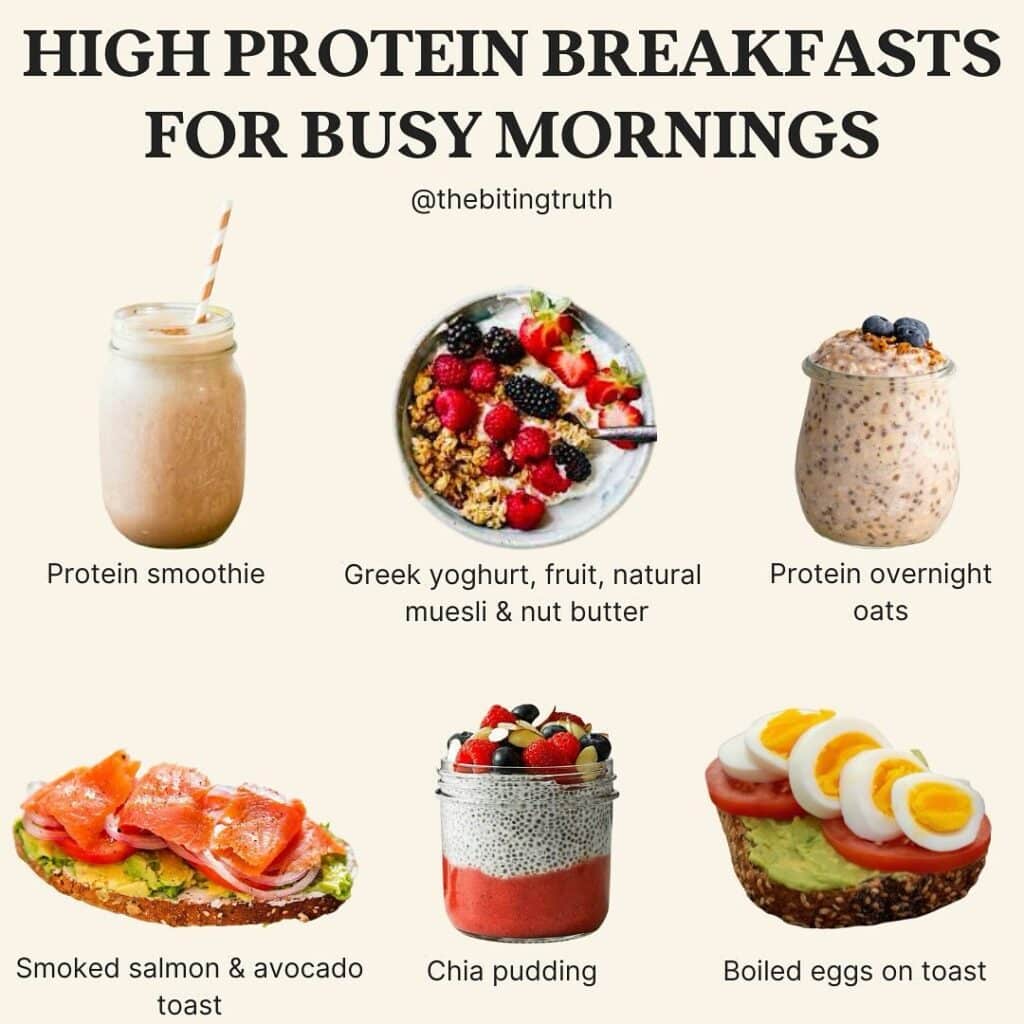Free shipping for orders over $80
Free shipping for orders over $80
We don’t know about you, but poo and bowel movements are part our daily dialogue and happen to be one of our favourite topics of discussion!
While many may consider it a rather stinky topic, keeping an eye on your stools (aka poo) can provide an invaluable window into what’s happening with your health – inside your gut and even your entire body!
In this post, we’ll answer some of the most commonly asked poo-related questions – including; what is a ‘normal ’poo, signs of a healthy poo and how to treat common bowel related symptoms like constipation and diarrhoea.
To be clear – everyone’s poo and bowel habits will vary a great deal – and there is no universally accepted ‘gold standard’ for defining ‘normal’ poo. In saying this, here are some things to keep in mind when it comes to a healthy poo.
Poo is made up mostly of water (75%), although this will differ from person to person (for example, vegetarians tend to have a higher water content in their stool due to the high fibre content of their diet). The remaining 25% of our poo is made up of solids that are collected along the digestive tract from your mouth to your bottom, including; bacteria, undigested food, fibre, small amounts of fat, small amounts of mucus and other proteins.
Having a quick peek at your stool can tell you a great deal about the health status of your insides and how that might be impacted by things like; diet, stress, exercise (or lack of), or even your body’s ability to absorb and digest different foods!
The Bristol Stool Chart was developed as a means of classifying bowel movements. This chart is used today by many, particularly those experiencing gastrointestinal symptoms, to help clearly describe to their doctor or dietitian what they are seeing in the toilet without having to provide samples.
Ideally, your poo should be a type 3, 4 or 5.
Keep in mind that your poo “type” can vary widely as a result of your recent physical activity, hydration levels and food intake. If you’re dehydrated for example, you may experience a drier poo than usual, or if you’ve had an unusually spicy meal then this may result in a poo that is a little looser compared to your normal. Wait a few days before panicking to see if your bowel habits return to ‘normal’ (it’s important to compare this to your own normal poo, not someone else’s!) If things don’t get back to normal within a few days, it may be a good idea to see your doctor.
Being ‘regular’ is a way of describing good bowel habits or ‘normal’ bowel function. We often talk about our bowels being ‘regular’ but this is often misunderstood as meaning that you poo every day!
Being regular, more accurately means that soft, yet well-formed bowel motions are easily passed (without significant strain or pain) and this can happen anywhere from 1 to 3 times a day to 3 times a week.
Keep in mind that while it’s common for people to empty their bowels once a day, it’s still normal to go more or less often. Some days you might find yourself in and out of the toilet, and some days you might go by without a single visit for a number two.
Poo gets its typical brown colour from bile, a greenish liquid that is secreted by your liver and gallbladder to aid in the digestion of fats. Bile needs to spend several hours in the colon to develop its colour, which means that if poo passes through too quickly, it can retain the greenish colour.
The food that you eat can also affect the colour of your poo. If you’ve recently eaten green veggies like spinach, your poo may be green (from the chlorophyll), or if you’ve eaten beetroot recently your poo could also be slightly pink or red – which is totally normal and harmless. Black poos can result from a high intake of supplemental iron. However if you haven’t taken iron supplements recently then it could suggest bleeding in your gastrointestinal tract so if black poos are an ongoing trend for you, it may worth a trip to the doctor.
Let’s be real, poo generally has an unpleasant smell.
The reason for this, is due to the presence of bacteria. The smell will also be a reflection of how long it spent moving through the intestines – the longer it sits in bacteria, the more it’ll smell. Certain components of meals, including spices, protein, onion and garlic can intensify the smell and this is completely normal.
If you feel that your poo has a particularly strong odour (and perhaps different to usual) or that the smell hangs around for a while, this may be indicative of an underlying condition such as a malabsorption issue and is worth talking to your doctor about.
It may not come as a surprise that your poo is a reflection of what you eat. If you have problem poo, then your diet could be to blame. When it comes to diet, pay special attention to these:
The next time you take a trip to the bathroom, have a quick peek before flushing to take a look into your bowel health and see how things are moving along. Don’t obsess too much over what you find, since most variations of stool are normal. If you do become worried just remember, everyone poops so there is absolutely no shame in discussing yours with a qualified health professional!
–
Notes






